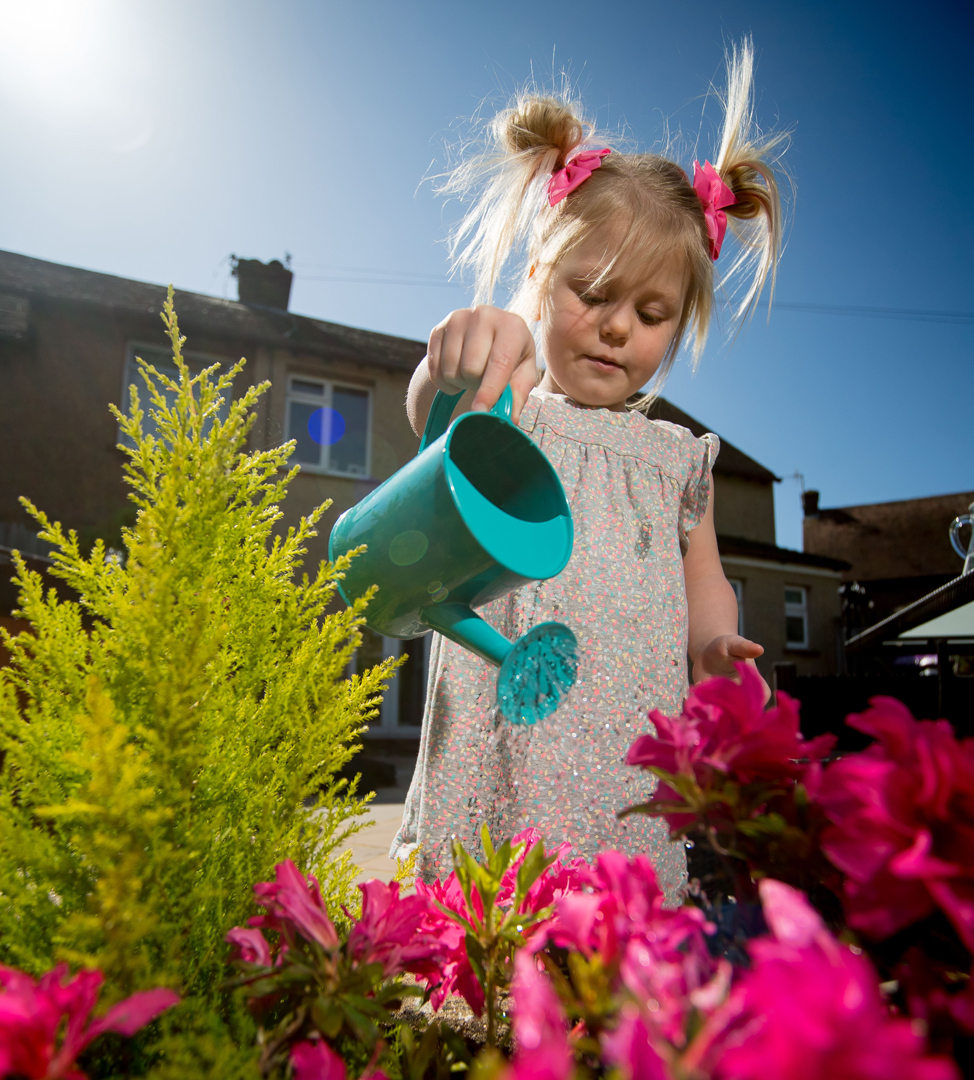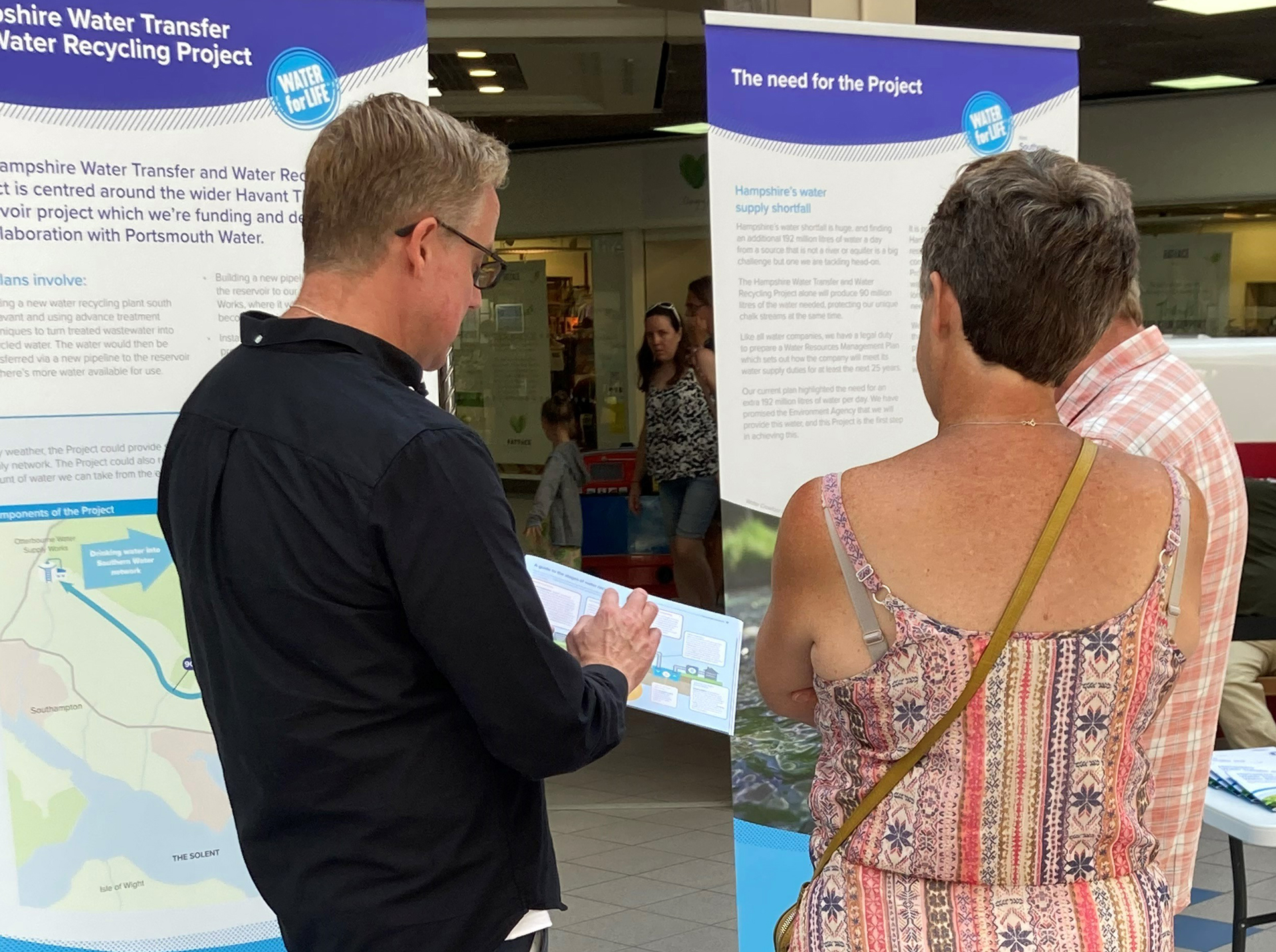The need for the project
Hampshire has always depended on its chalk stream rivers and the underground chalk aquifers that feed them to supply its water.
The UK is home to 85% of the world's chalk streams and Hampshire’s River Test and River Itchen are two of the finest examples. Their rare and sensitive ecosystems are home to a wide variety of wildlife and are often referred to as “England’s rainforests”. But new limits on the amount of water that can be taken from them for public supply have been introduced to protect these rare and sensitive ecosystems.
This situation is made more challenging by our growing population and changing climate. It means we need to find new sources of water for our communities and the local economy, especially during a drought.
In Hampshire, we already need to find at least 166 million litres of water a day that’s not from a river or from an aquifer. So, we need to use technology to provide water where the environment has previously.

The story so far
Engagement and consultation on the future of Hampshire's water resources has been ongoing as the plans to provide a new source of water have developed.
In 2021, we consulted on a proposal for a desalination plant in the New Forest alongside water recycling and water transfer as a back-up. The desalination plant was found to be the least preferable solution due to its potential environmental impact on the Solent. Water recycling and water transfer was selected as the preferred option and supported by our regulators.
We consulted on our emerging proposals for the Hampshire Water Transfer and Water Recycling Project in our Summer 2022 Consultation. In that consultation we asked for feedback on topics such as the location of the proposed water recycling plant, the preferred pipeline corridors and the concept of water recycling.
Using the valuable feedback gained from this consultation, alongside our own further studies, we have been able to develop and advance our proposals in readiness for our Summer 2024 Consultation. Feedback from this consultation will play an important role in helping us refine our proposals in preparation for submitting our application for a Development Consent Order in 2025.
At the Summer 2024 Consultation, we explained that extensive water quality modelling was being undertaken and that the outputs of the modelling and assessment of effects would be fully reported in the Environmental Statement with our Development Consent Order application. This modelling had since progressed, so we took the opportunity to share this updated information now, alongside a number of Project design refinements as part of our Spring 2025 Consultation.

